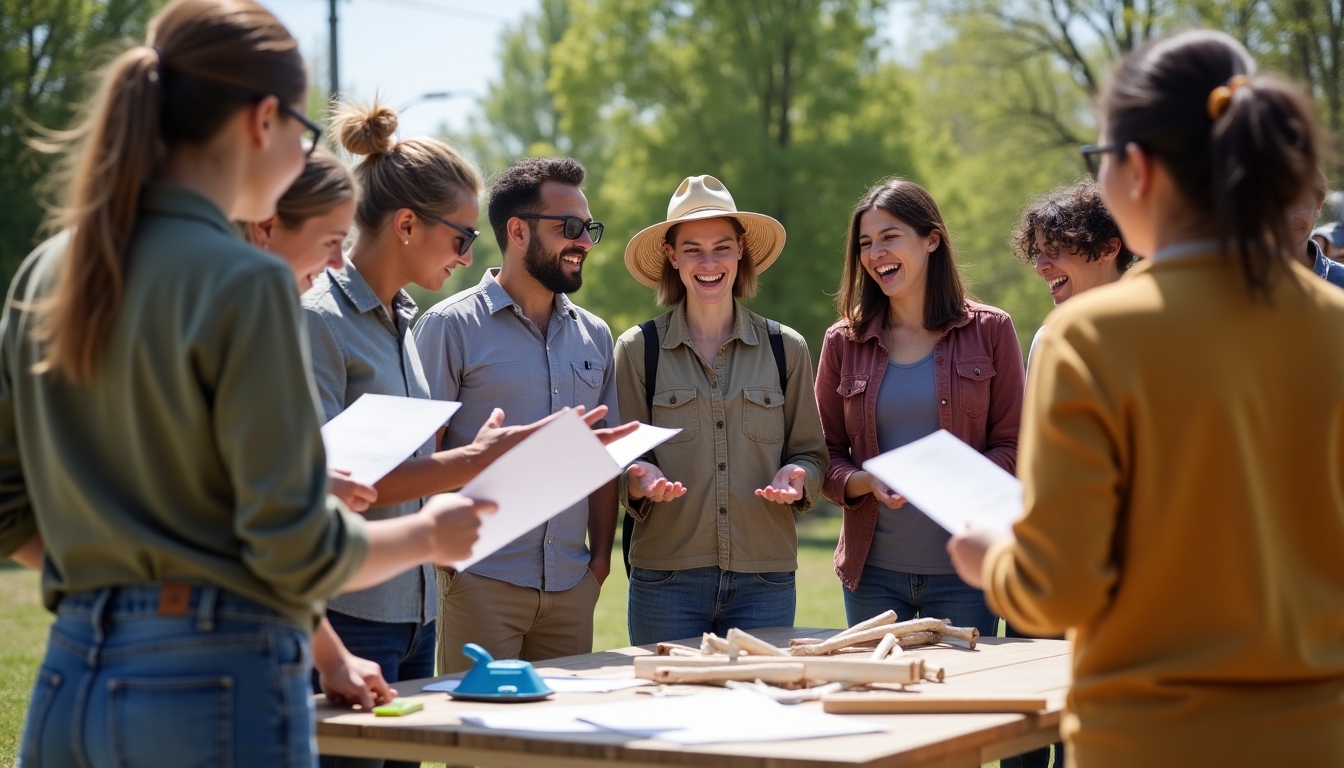Essential Skills Needed for Advocacy Volunteering
By , December 16, 2024
Advocacy volunteering requires a blend of communication, dedication, and strategic thinking to drive change effectively. This article explores the key skills every advocacy volunteer should possess to make a significant impact.

Understanding Advocacy Volunteering
Advocacy volunteering involves supporting a cause to influence public policy and resource allocation decisions within political, economic, and social systems and institutions. Volunteers play a crucial role in raising awareness and driving changes on issues that matter. To succeed, one must equip themselves with specific skills tailored for advocacy efforts.
Skill 1: Strong Communication Abilities
One of the most critical skills needed for advocacy volunteering is strong communication. Your ability to convey messages clearly and persuasively influences how your cause is perceived by others. Effective advocates listen actively, articulate their points clearly, and can engage with diverse audiences.

Skill 2: Strategic Thinking
Advocacy is not just about speaking passionately about an issue—it requires strategic planning and execution. Volunteers must analyze the root causes of problems, consider the socio-political landscape, and develop pragmatic plans to achieve desired outcomes. This involves setting realistic goals and executing them through well-organized campaigns.
Skill 3: Empathy and Compassion
Successful advocacy volunteers have a deep sense of empathy and compassion, enabling them to connect with the challenges faced by affected communities. By understanding different perspectives, volunteers can tailor their advocacy to be more inclusive and impactful.

Skill 4: Networking and Relationship Building
In advocacy volunteering, networks are invaluable. Building relationships with other volunteers, community leaders, and stakeholders amplifies your reach and impact. Networking also offers opportunities for collaboration, resource sharing, and mutual support.
Skill 5: Persistence and Resilience
Advocacy work involves facing numerous challenges and setbacks. Volunteers need to remain persistent and resilient, maintaining motivation despite obstacles. This determination helps sustain advocacy efforts over the long term.

Personal Insight: The Power of Listening
During my first advocacy campaign for environmental sustainability, I learned the importance of listening to the local community. We organized focus groups to hear their concerns, which revealed unique insights we hadn’t considered. This experience strengthened our campaign, showing that listening can be more powerful than speaking.
Conclusion
Advocacy volunteering is a rewarding endeavor that requires diverse skills. By developing strong communication, strategic thinking, empathy, networking, and resilience, you can effectively champion your cause and drive positive change. Embrace these skills to transform your advocacy efforts and inspire others. For further reading, consider exploring more detailed articles about the crucial aspects of volunteering.